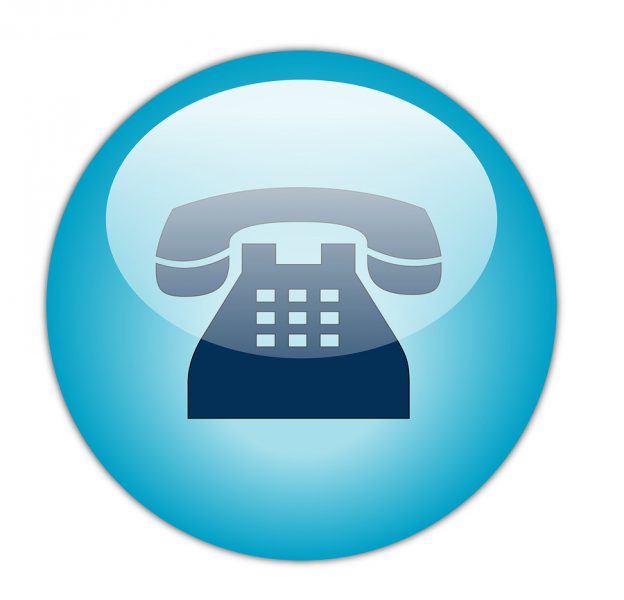
Generally, taxpayers contact HMRC in order to discuss their personal interaction with taxation regulations. Most people will have attempted to Google the answer to their question first. Many people are quite anxious at the thought of talking to the Tax Office at all.
But everyone is calling to speak to an actual human being. So the addition of a ten minute automated response is perhaps not the best way for HMRC to tackle their high volume of calls. Especially when they are often cut off or advised to call back later by pre-recorded message.
Money wasted on not talking to a human
HMRC’s automated voice system really seems to be annoying people recently. In order to organise each inquiry and direct users to the correct section of HMRC, the initial automated part of the call takes ten minutes. Considering that the 0300 number costs 40p per minute from a mobile and 10p per minute from a landline number, the source of irritation is obvious. Unless you are put through to the relevant human, the automated phone service will either ask you to try again at another time, put you on hold or cut you off immediately.
How long do you have to wait to speak to a real person?
The first automated section of the call does not factor into HMRC’s figures on average call waiting times. HMRC aim to have every call answered within five minutes and to have only 15% of callers waiting for longer than 10 minutes to speak to an adviser.
In April 2017 to February 2018, HMRC’s average call waiting time was 4.27 seconds. This rose to 5 minutes 14 seconds in the period between April 18 and February 2019. For the month of February 2019, this increased further to six minutes and 27 seconds before taxpayers were able to talk to their government department about their tax issues. And remember, that’s without the preceding 10 minute automated voice system. In February, 29% of calls were not answered by HMRC’s 10 minute target.
The Mail reports an example from a consultant querying an incorrect self assessment late filing penalty she’d received. She wasted an entire afternoon attempting to resolve the situation, saying: “It was an automated message for ten minutes, and at the end they say we are too busy and the phone line goes dead. It is a ridiculous system. They make it incredibly difficult to speak to anyone. I cannot tell you how many hours I have wasted on this. People just want to pay their tax and be upstanding members of society, but they make it as difficult as possible.”
Why have the average HMRC call waiting times risen?
February is always busy for HMRC as they process the self assessment tax returns that are due on the 31st January. Taxpayers need to get in touch with HMRC for a number of related reasons, like: they know they missed the filing deadline, their tax bill is different to their own calculation or to query a late filing penalty notice. So there is the issue of ‘time of year’. As we start the new financial year in April, this sees the implementation of many of the Budget’s announcements and, of course, taxpayers have questions about the impact on their particular set of circumstances.
What is the solution?
We can all understand the pressures from HMRC’s viewpoint. It’s a difficult time of year and they do not have the full complement of staff, as some are requisitioned to preparations for leaving the EU. And we appreciate their expert advice. As reported in the Mail, HMRC’s response is: “We know that at busy times some customers have to wait longer, and we are doing all we can to keep all waiting times as low as possible.”
But this does not lessen the frustration of lengthy, expensive call waiting times. More staff on the phone lines would seem to be an obvious answer, but they all require training and HMRC’s budget has also been the victim of the government’s austerity measures. Perhaps they could at least look at reducing the 10 minute automated section of the call, so that taxpayers don’t feel like they are wasting both their time and money, only to be cut off or told to call back.







